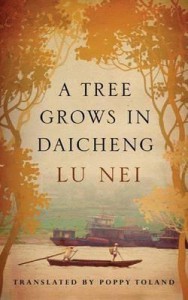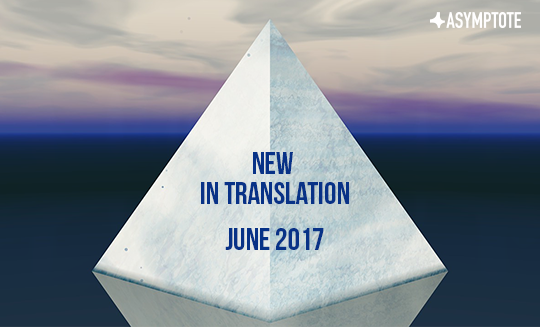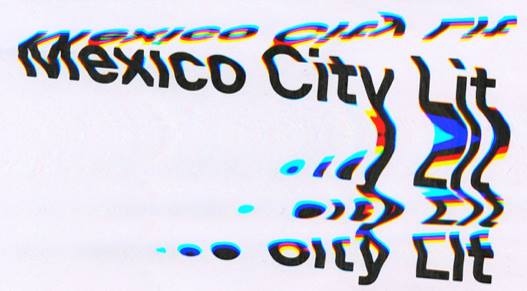
A Tree Grows in Daicheng by Lu Nei, translated by Poppy Toland, AmazonCrossing
Review by Christopher Chan, Chinese Social Media Intern
Whether a book can obtain certain currency among a wide range of readers depends upon its unique qualities. Take the genre of fantasy novels for example. Some books, like the Harry Potter series, do well because of the uniqueness of their ideas. Harry Potter was a fresh story about the wizarding world, told in an accessible language; others books, such as The Lord of the Rings, succeed with their sense of larger-than-life gravitas. A Tree Grows in Daicheng, however, is neither exclusively a book of fresh ideas nor of epic seriousness, but a careful mix of both.
The novel is a work of pastiche in many ways, especially through the narrative voices of different characters. The book’s uniqueness lies perhaps in its kaleidoscopic depiction of the great changes brought to a city called Daicheng and its people during China’s Cultural Revolution. READ MORE…


